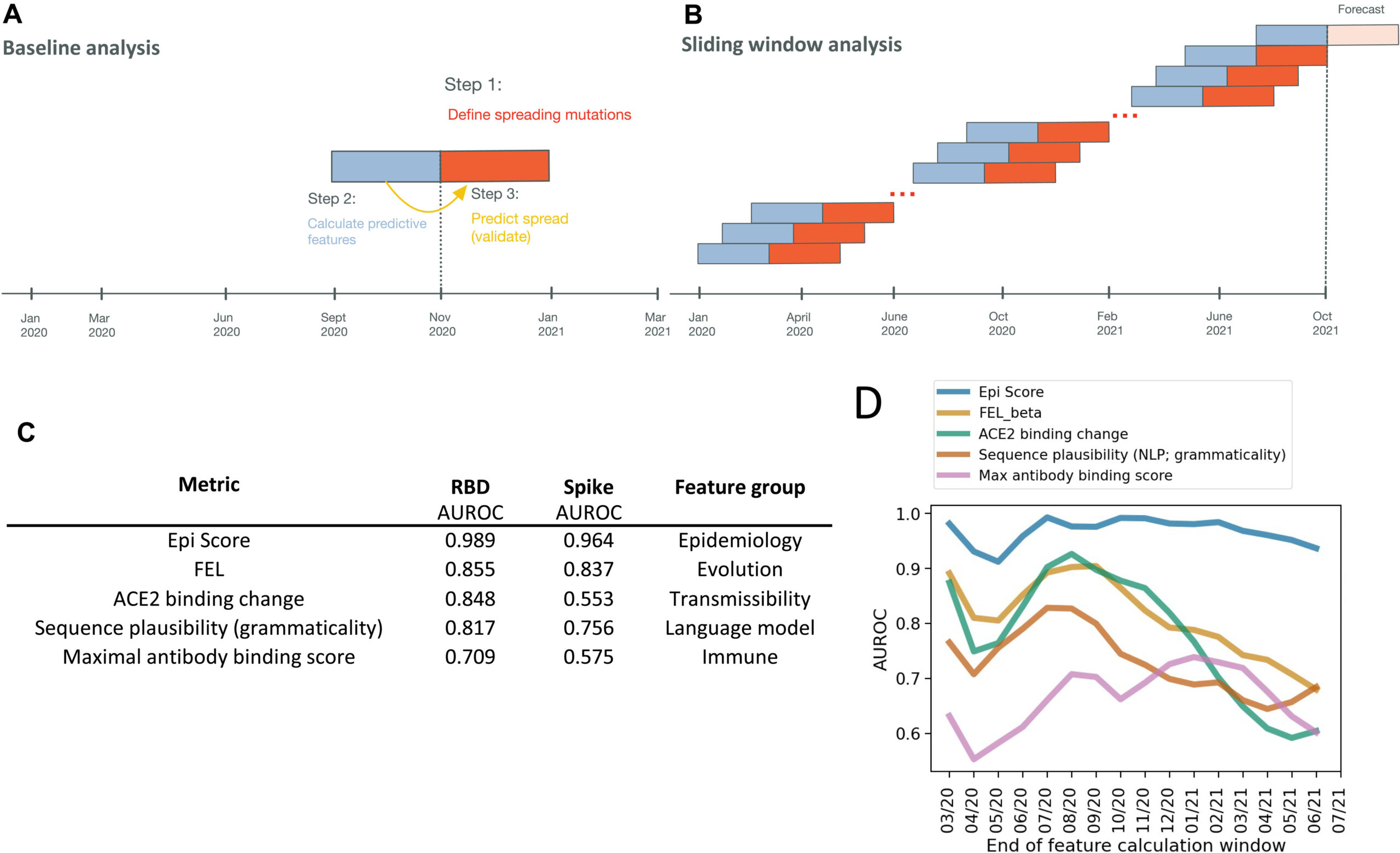Maher and colleagues built a predictive model using epidemiological, immunological, and viral protein modeling data to understand the evolution of SARS-CoV-2. The researchers used the 'EpiScore' based on the mutation frequency, the fractions of unique haplotypes where the mutation occurs and the number of countries where the given virus variant occurs. In addition, retrospective studies have identified new SARS-CoV-2 variants that spread up to 4 months in advance during different stages of the pandemic. The authors predict that the obtained research results can be used to monitor the spread of any pathogens, such as influenza or other unknown viruses. Work published in Science Translational Medicine.
